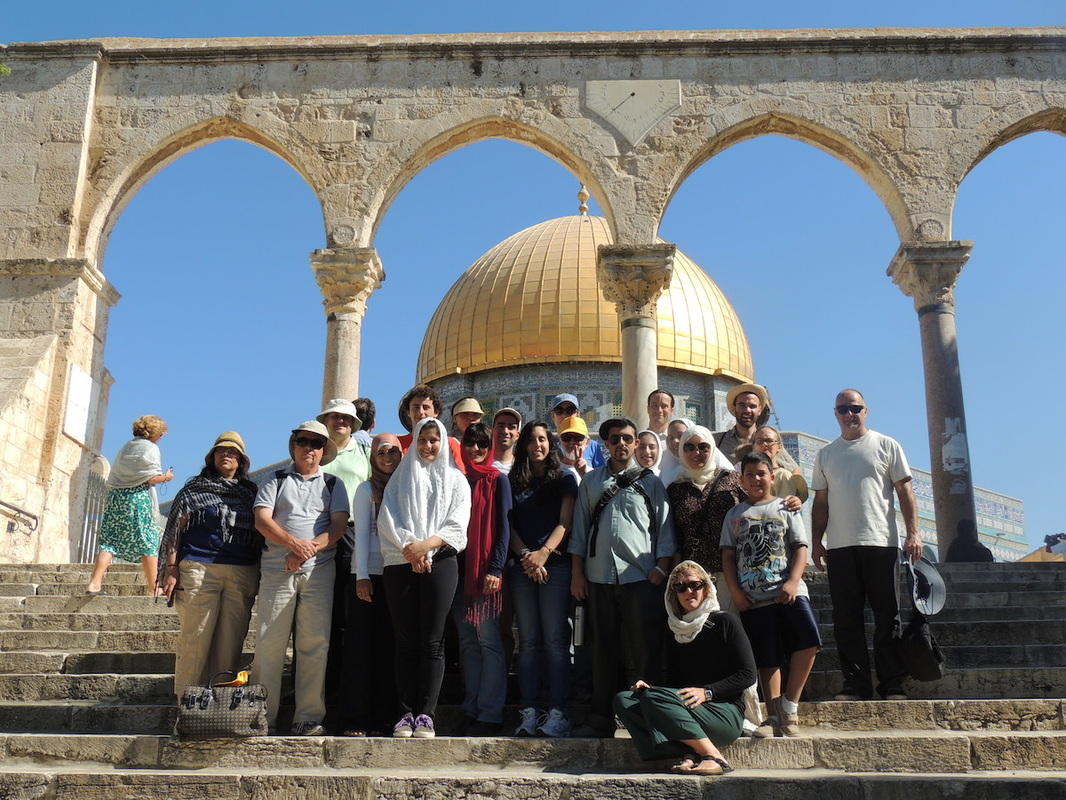
In the summer of 2012 Tavia La Follette, founder and director of ArtUp traveled to Israel and Palestine with the Interfaith Peace Builders Network, an off shoot organization of The Fellowship of Reconciliation. This was the first step in the next Sites of Passage project.
Sites of Passage (SOP) took artists from three different countries: Palestine, Israel, and the United States and placed them together to discuss BORDERS, WALLS & CITIZENSHIP (the name of the show/project). These three words are charged and resonate in all three regions. The artistic dialogue occurred through a virtual and tangible art exchange process. The physical and web-based points of intersection were key to the methodology.
SOP is also the next step in the evolution of ArtUp, moving to build an international network of artistic exchange based in Pittsburgh. The Egyptian prototype took place as the U.S. entered the 10th anniversary of 911, as the revolution broke out in Egypt, stimulating the Occupy Movement here in the States, and lastly while both countries went into an election for a new leader. This made the artistic dialogue all that much more rooted in change and fueled passionate points of views.
Similarly, to the Egypt project, La Follette chose countries in conflict and politically minded artists to interact with. As the world is evolving and as the project title (Sites of Passage) alludes to, La Follette asked these artists to take a Rite of Passage towards a world that does not build walls, define borders and where everyone is a citizen. The artists all agreed that this project had to be about human rights.
SOP is also the next step in the evolution of ArtUp, moving to build an international network of artistic exchange based in Pittsburgh. The Egyptian prototype took place as the U.S. entered the 10th anniversary of 911, as the revolution broke out in Egypt, stimulating the Occupy Movement here in the States, and lastly while both countries went into an election for a new leader. This made the artistic dialogue all that much more rooted in change and fueled passionate points of views.
Similarly, to the Egypt project, La Follette chose countries in conflict and politically minded artists to interact with. As the world is evolving and as the project title (Sites of Passage) alludes to, La Follette asked these artists to take a Rite of Passage towards a world that does not build walls, define borders and where everyone is a citizen. The artists all agreed that this project had to be about human rights.

 RSS Feed
RSS Feed